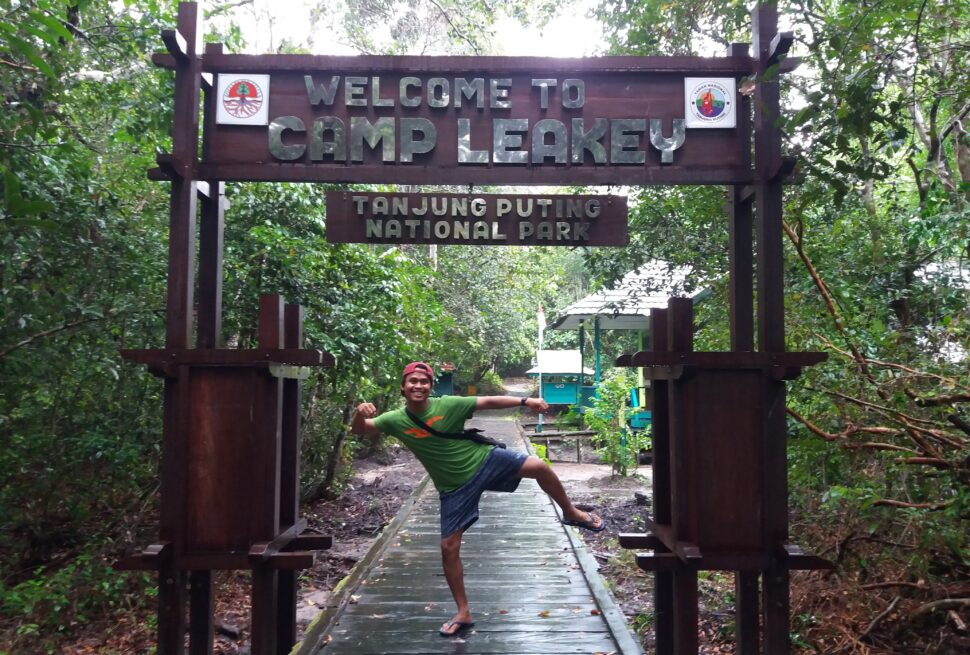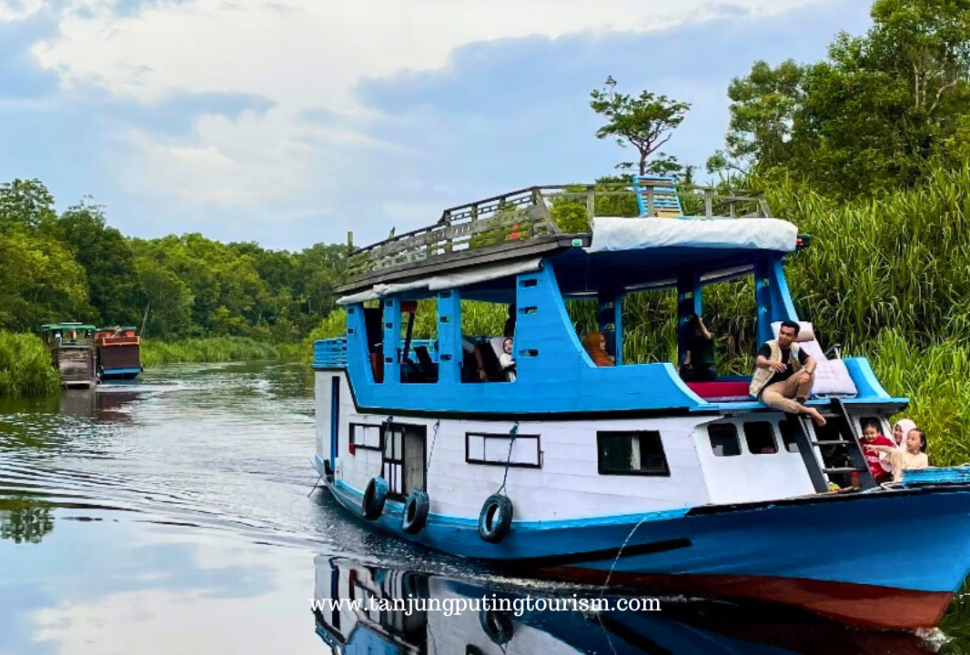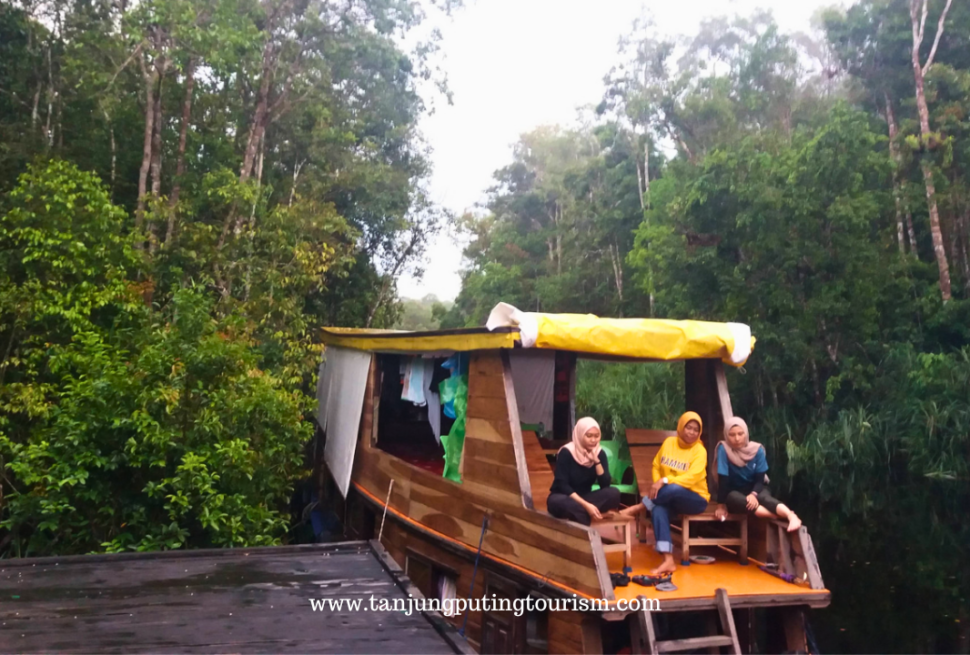Orangutans in Tanjung Puting National Park are one of the key attractions and conservation success stories of this vast tropical rainforest in Central Kalimantan, Indonesian Borneo. The park is a critical habitat for Bornean orangutans (Pongo pygmaeus), a species classified as critically endangered. Tanjung Puting is known for being one of the largest reserves for orangutan conservation in the world.
Key Aspects of Orangutans in Tanjung Puting:

Conservation Focus: Tanjung Puting National Park is at the forefront of global efforts to protect orangutans, primarily due to the work done at Camp Leakey and other research and rehabilitation centers in the park. The park provides a sanctuary for both wild and rehabilitated orangutans.
Threats to Orangutans: Orangutans face significant threats from habitat loss due to illegal logging, palm oil plantations, and mining activities, as well as from poaching. The park's conservation efforts aim to mitigate these threats by preserving the natural habitat and rescuing displaced orangutans.
Orangutan Behavior and Habitat: Orangutans are primarily tree-dwellers, spending most of their lives in the forest canopy. They are highly intelligent, using tools and exhibiting complex social behaviors. Tanjung Puting's forests, rich in biodiversity, offer an ideal environment for studying orangutan behavior and ecology.
Rehabilitation Programs: The park’s rehabilitation centers, particularly Camp Leakey, work to reintroduce orangutans that were previously kept in captivity or rescued from illegal trade back into the wild. These orangutans often need time to relearn survival skills like foraging and tree climbing.

Ecotourism and Orangutan Viewing: Ecotourism in Tanjung Puting allows visitors to see orangutans in their natural habitat. Guided tours via klotoks (traditional riverboats) often include stops at feeding platforms where semi-wild orangutans, accustomed to human presence, gather. While these orangutans are technically free, they still rely on occasional feedings during the rehabilitation process.
Research and Education: Orangutans in the park are part of ongoing scientific research to understand their social structures, reproductive behavior, and how they interact with their environment. Dr. Biruté Galdikas and her team at Camp Leakey have been studying orangutans for decades, contributing immensely to the world's knowledge of these great apes.




